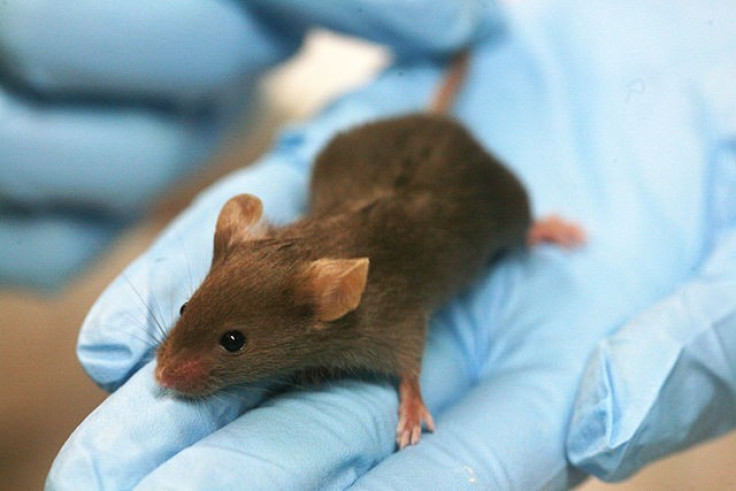Old Mice Get New Lease of Life With World's First Regenerated Living Organ

A living organ has been successfully regenerated for the first time in very old mice.
Experts at the University of Edinburgh have rebuilt the thymus in mice by reactivating a natural mechanism that shuts down with age to regenerate the organ.
The thymus is an organ next to the heart. It produces critical immune cells but shrinks over time, eventually degenerating into small islands of fatty tissue.
As a result of it shrinking, older people become more susceptible to infections like flu.
Scientists believe their research has the potential to lead to new therapies for people with damaged immune systems and genetic conditions that affect the organ.
Published in the journal Development, the researchers targeted the protein FOXN1, which is produced by cells of the thymus. This protein helps to control how important genes are switched on and by increasing levels of FOXN1, the researchers made cells similar to stem cells to rebuild the organ.
After reactivating this mechanism, the regenerated organ had a similar structure to that of a very young mouse.
After the thymus was restored, the mice started making more T-cells, which fight off infection. Researchers do not yet know, however, if the immune system of the mice has been improved.
Clare Blackburn, Professor of Tissue Stem Cell Biology at the university, said: "Our results suggest that targeting the same pathway in humans may improve thymus function and therefore boost immunity in elderly patients, or those with a suppressed immune system. However, before we test this in humans we need to carry out more work to make sure the process can be tightly controlled."
Researchers also believe their findings could lead to treatments for people suffering from DiGeroge syndrome, which causes the thymus not to develop properly.
Rob Buckle, head of the University of Edinburgh's Regenerative Medicine, Medical Research Council, said: "One of the key goals in regenerative medicine is harnessing the body's own repair mechanisms and manipulating these in a controlled way to treat disease.
"This interesting study suggests that organ regeneration in a mammal can be directed by manipulation of a single protein, which is likely to have broad implications for other areas of regenerative biology."
© Copyright IBTimes 2024. All rights reserved.









